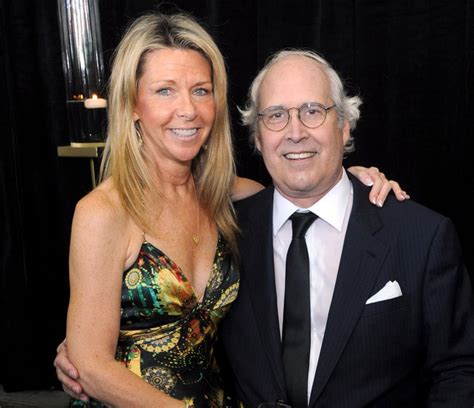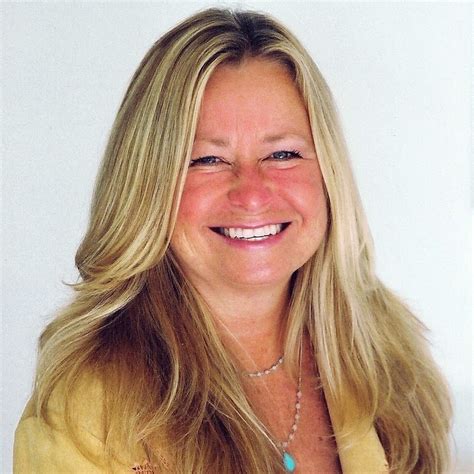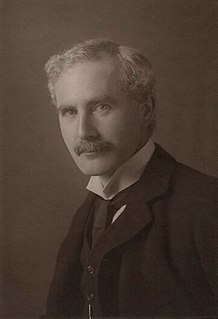A Quote by Alain de Botton
How do the stems connect to the roots?' 'Where is the mist coming from?' 'Why does one tree seem darker than another?' These questions are implicitly asked and answered in the process of sketching.
Related Quotes
All I did was collect a few of the questions I've been asked through the years, write up a brief response and put them in this publication. As a pastor, you get asked questions and receive emails. Many of them I had answered, but just in conversation. So we kind of re-crafted the question and answered it. It turned out to be an interesting exercise. I hope it's encouraging for people.
I certainly don't sit down and plan a book out before I write it. There's a phrase I use called "The Valley Full of Clouds." Writing a novel is as if you are going off on a journey across a valley. The valley is full of mist, but you can see the top of a tree here and the top of another tree over there. And with any luck you can see the other side of the valley. But you cannot see down into the mist. Nevertheless, you head for the first tree.
Neo-Darwinian language and conceptual structure itself ensures scientific failure: Major questions posed by zoologists cannot be answered from inside the neo-Darwinian straitjacket. Such questions include, for example, 'How do new structures arise in evolution?' 'Why, given so much environmental change, is stasis so prevalent in evolution as seen in the fossil record?' 'How did one group of organisms or set of macromolecules evolve from another?' The importance of these questions is not at issue; it is just that neo-Darwinians, restricted by their resuppositions, cannot answer them.
Y is for YGGDRASIL. The legendary Nordic ash tree with its three roots extending into the lands of mortals, giants, and Niflheim, the land of mist, grows in Wisconsin. Legend has it that when the tree falls, the universe will fall. Next Wednesday, the State Highway Commission comes through that empty pasture with a freeway.
Why does it seem to be more and more challenging to find a perfect mate or maintain a happy and compatible relationship? Was love always this difficult? Haven't we heard stories of people being truly fulfilled and happy in love? Is love a myth? There are more people on the planet than ever before, and traveling the world has never been easier. Not only that; now we can use technologies like the Internet to connect with others. So what is the problem? Why does it seem to be more complicated than ever to meet the right person and live happily ever after?
If you could really see that tree over there," Merlin said, "you would be so astounded that you'd fall over." "Really? But why?" asked Arthur. "It's just a tree." "No," Merlin said, "It's just a tree in your mind. To another mind it is an expression of infinite spirit and beauty. In God's mind it is a dear child, sweeter than anything you can imagine.
Before you give advice, that is to say advice which you have not been asked to give, it is well to put to yourself two questions - namely, what is your motive for giving it, and what is it likely to be worth? If these questions were always asked, and honestly answered, there would be less advice given.
I remember coming on my first set and it being a playground of things I wanted to ask questions about: cameras and lenses and what the lenses do, what's the focus puller doing and how does that work? Why is there less margin for error when there's less light? I was always asking questions and watching directors closely.
Have you ever asked yourself why one person is honorable and another dishonorable; why one is honest, another dishonest; why one is moral, another immoral? Most individuals do not intend to be dishonest, dishonorable, or immoral. They seem to allow their characters to erode by a series of rationalizations, lies, and compromises. Then when grave temptation presents itself, they haven't the strength of character to do what they know to be right.





































